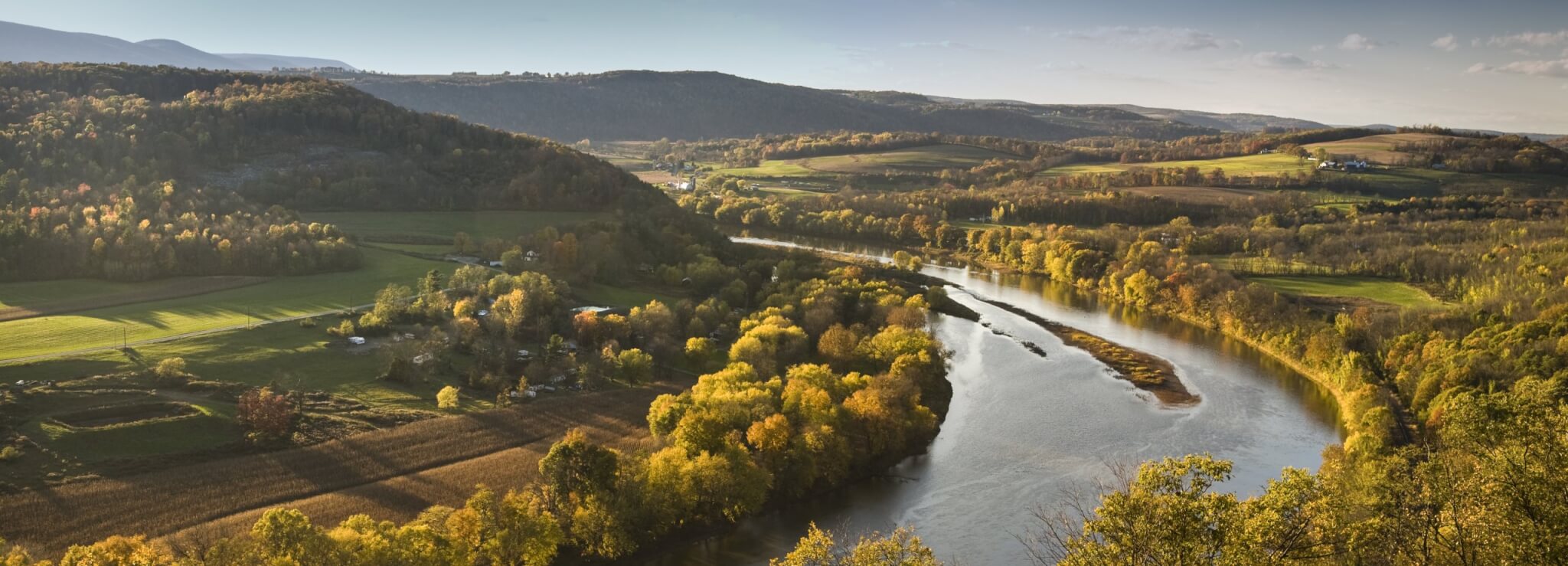The Overstory
National Book Award-winning novelist Richard Powers brings an inventive and impassioned story of humanity’s connection to the natural world.

With growing attention towards global natural disasters caused by climate change, loss of hope for the future of our planet and climate doom is prevalent in public discourse. Below are several titles that will help you explore the different mediums of how we can restore and care for our environment in the years to come, with consideration of indigenous climate restoration and activism, climate infrastructure, and urban and rural environmental justice.
This book list was created in part to help promote the June 2022 virtual program, ‘Hear Me Out’ Dialogue Series: Environmental Care in the Climate Crisis. Click here to access the speaker interview, and click here to access the pre-recorded presentation.
You can sign up for a free library card here. If you are new to our eResources, check out these tutorial videos on how to get started.
Looking for a good book, album, movie or TV show? We’re happy to recommend them to you! Use this Personalized Recommendations form to send us some information about what you like and we’ll curate a list just for you.
If you have any additional questions, you can contact a librarian through Facebook, Instagram or Twitter. You can also call us at 412.622.3114 or email us at info@carnegielibrary.org.
National Book Award-winning novelist Richard Powers brings an inventive and impassioned story of humanity’s connection to the natural world.
Robin Wall Kimmerer is both a Potawatomi woman and a botanist. In Braiding Sweetgrass she describes how these identities enhance each other, indigenous knowledge used to structure studies in the field, and botany enriching the generational knowledge handed down by elders.
You can also check out this title as eBook on OverDrive/Libby or as eAudio on OverDrive/Libby. This title is also available as an eBook or eAudio on Hoopla.
Outdoors expert Steven Rinella shares the parenting wisdom he has garnered as a father whose family has lived amid the biggest cities and wildest corners of America.
Suzanne Simard writes–in inspiring, illuminating, and accessible ways–how trees, living side by side for hundreds of years, have evolved, how they learn and adapt their behaviors, recognize neighbors, compete and cooperate with one another with sophistication, characteristics ascribed to human intelligence, traits that are the essence of civil societies–and at the center of it all, the Mother Trees: the mysterious, powerful forces that connect and sustain the others that surround them.
Jane Goodall, the world’s most famous living naturalist, and Douglas Abrams, the internationally bestselling co-author of The Book of Joy , explore through intimate and thought-provoking dialogue one of the most sought after and least understood elements of human nature: hope.
The story of Native peoples’ resistance to environmental injustice and land incursions, and a call for environmentalists to learn from the Indigenous community’s rich history of activism. You can also check out this title as eAudio on OverDrive/Libby.
In Rooted in the Earth, environmental historian Dianne D. Glave overturns the stereotype that a meaningful attachment to nature and the outdoors is contrary to the black experience.
The history of the human-tree relationship is a very long one and, since the dawn of the Industrial Age, has changed considerably. Once trees were used for so many everyday structures and processes that groves were held in common to be tended and harvested, while today they are mainly thought of by the city dweller as street and park decorations. Arborist William Bryant Logan must find out the old ways of pollarding trees when he gets a job at the Metropolitan Museum of Art, and so begins a deep journey into trees, how they have shaped humanity, and why this is still important today.
